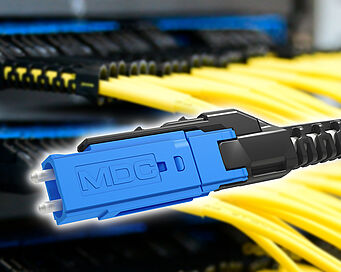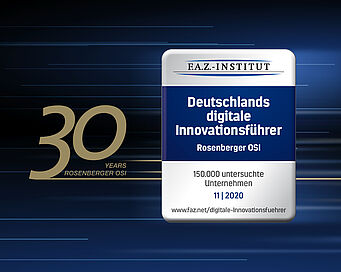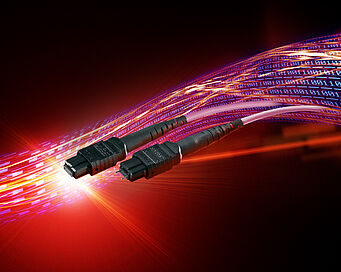A data center classic: MTP® connector systems have optimized the processes then as well as today
The development cycles in the IT industry are becoming shorter and shorter - in line with the motto: faster, higher, further. What was hype yesterday is already outdated today. Misguided developments cannot be ruled out. A lot of money is squandered in the process.
This does not apply to all areas of IT, because the cabling industry, for example, is taking a somewhat calmer approach. In this area, the emphasis is on experience and the continuous development of approved solutions. After all, the cabling in every data center is the backbone for continuous operation and smooth data exchange. Experiments are not called for in this context.
In this respect copper is still a classic. However, fiber optic cabling has also become an integral part of the IT world. It is hardly known that IBM has made a significant contribution to the success story of fiber optics. With the commissioning of the development of the MTP® technology, "Big Blue" initiated a special development history in the field of connectors in the 1990s. MTP® connector systems have optimized the processes in data centers then as well as today. And cabling pioneer Rosenberger OSI is still continuing this success story.






